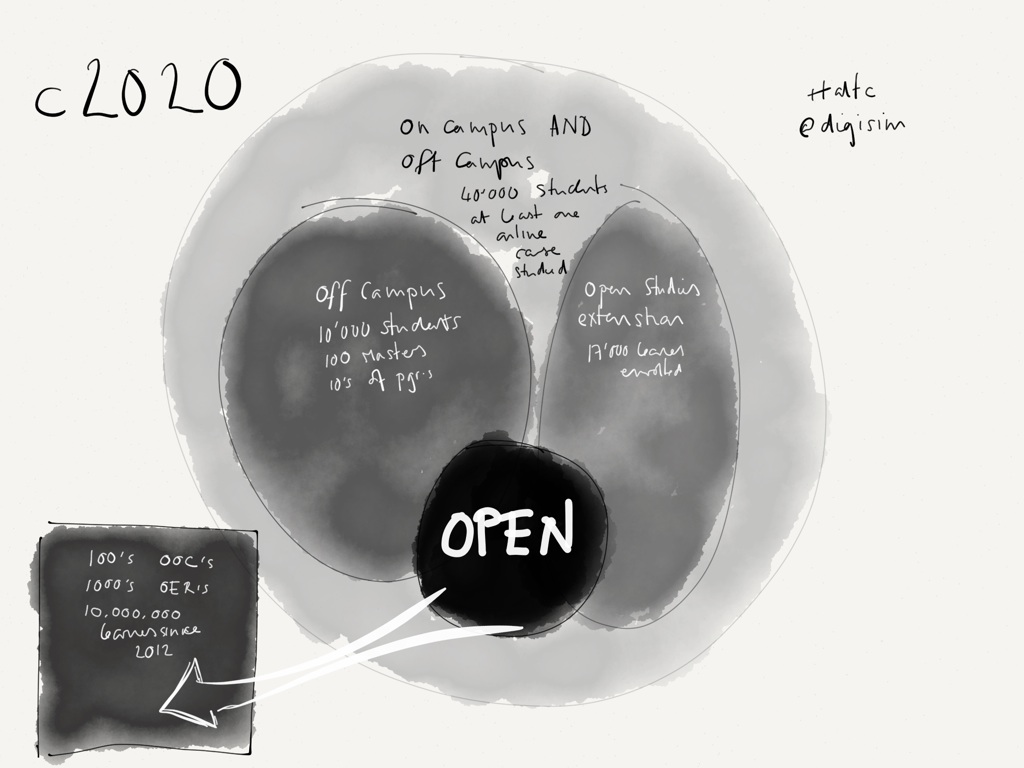It’s been a couple of years since my last ALT conference and my early observation is that it is still a vibrant, forward thinking conference which is pushing the boundaries of ed tech activity.
I have noticed so far that there seems to be more talk about engaging our academic staff more widely in technology use and less perhaps about innovation, but this to me makes sense as broadening the use of e-learning (in all it’s guises) is where we can have the biggest impact.
This years conference was titled “Riding giants: How to innovate and educate ahead of the wave”, and although innovation is very much part of the ed tech culture I think there is a realisation that innovation has limited value without wider implementation.
I also get a sense that a “blended” model of education is perhaps becoming the most likely scenario for many of our learners, whilst online is no doubt going to play a big part in the future curriculum development activities of many of UK HEI’s it is perhaps the “blended” experience where we might expect to see the better all round learning experience.
Jeff Haywood’s vision of University education in 2020 (see below) has an expectation that all students will have to study an online “course” as a compulsory part of their degree. Personally I do not think that is necessary to require an online component, but rather that we make online components available to increase flexibility and access.
What I was pleased to see though was the emphasis on “open” content and the discussion around MOOC’s that were perhaps not as open as they could be (e.g. requiring logins/accounts etc).
I was even more surprised that according to the ECAR Survey (2013) 71% of students had used OER – http://net.educause.edu/ir/library/pdf/ERS1302/Eig1302.pdf

ECAR Survey
This is predominantly a U.S. survey so it will be different to the UK, but I was surprised to see it beyond 50%. I am not sure what other peoples views are here but I would not think that UK undergraduates would be anywhere near that.
As to be expected there were references to MOOC’s in a number of sessions (even in presentations where people said they weren’t here to talk about MOOC’s they ended up doing so), but I think it was enlightening to hear that finally there was the realisation that often a MOOC is not really very open, not always that massive and that a University might spend more resource marketing it’s MOOC’s than any of it’s paid for courses!!
In her session Fiona Harvey talked about the work of the #altmoocsig and her impressive list of MOOCs and related resources: http://www.scoop.it/t/mooc-s
She also touched upon the iteration of the OOC (and subsequent acronyms) which I tried to capture in the image below:

Please choose your OOC acronym.
Some discussions around MOOC’s at ALTc have questioned the value of the “M”. MOOC providers often tell us how many (thousands) signed up to their MOOC, but that completion rates don’t really matter and we don;t really understand the metrics we need to measure: https://about.futurelearn.com/blog/completion-rates/
I hope (and am sure) that MOOC fever will subside and we will get back to a sense of reality here, that free and open online courses should be just that (with an emphasis on open) and that monetising or developing a business model from it almost defeats the object of the exercise.
So in summary, it’s not all been about MOOC’s but they are still very much a topic for conversation. Therefore I am going to now spend a few hours developing my Flexible Open Online Course (FOOC) in Open Flexible Facilitation (OFF). – Oh the fun to be had with acronyms!!






No responses yet